We may earn revenue from the products available on this page and participate in affiliate programs. Learn More ›
You’ll Pay More

If you’re planning a home improvement project or considering starting one soon, it may cost you more than it did just a year ago. The coronavirus pandemic has caused the price of many popular building materials to go up, with some seeing their highest levels in years. That all translates into a bigger price tag for a variety of home improvement projects. Wondering which products are most likely to blow your budget? According to the Bureau of Labor Statistics, these nine building materials have experienced notable price increases over the last year.
Softwood and Hardwood Lumber

Anyone who bought lumber for a project within the last year most likely noticed that it was more expensive than it had been in the past. In fact, the price of lumber—which includes both softwood and hardwood lumber—has soared 50 percent since April of 2020, hitting a two-year high. Drivers of the price increase, according to the National Association of Home Builders, include the closing of mills caused by stay-at-home orders, an increase in DIY demand during the pandemic, and a housing market that did better than anticipated over the last year.
Plywood
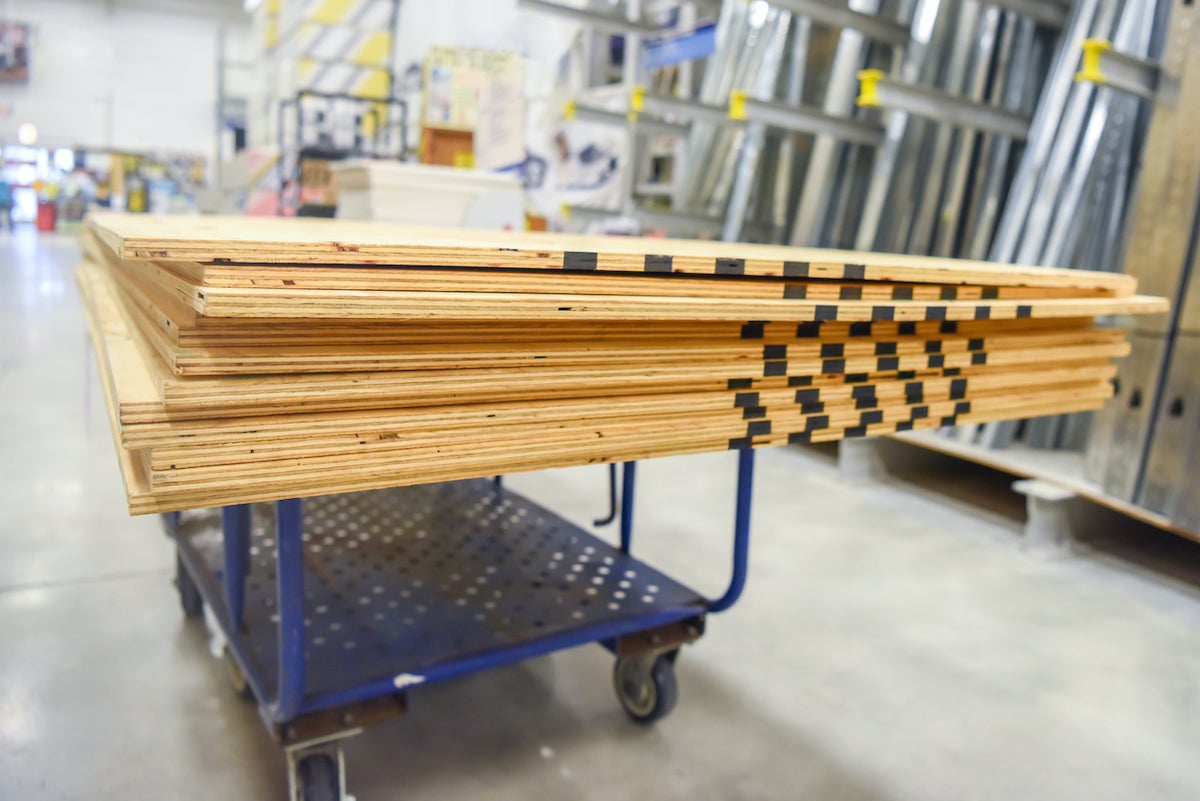
You’ll pay more for plywood than you did a year ago, too, according to the Bureau of Labor Statistics. The bureau noted that in July 2020 soft plywood products were up 19.2 percent over the previous July. As with lumber, the cost increase for plywood can be attributed to the shutdown of lumber mills during the pandemic along with steady demand.
Iron and Steel
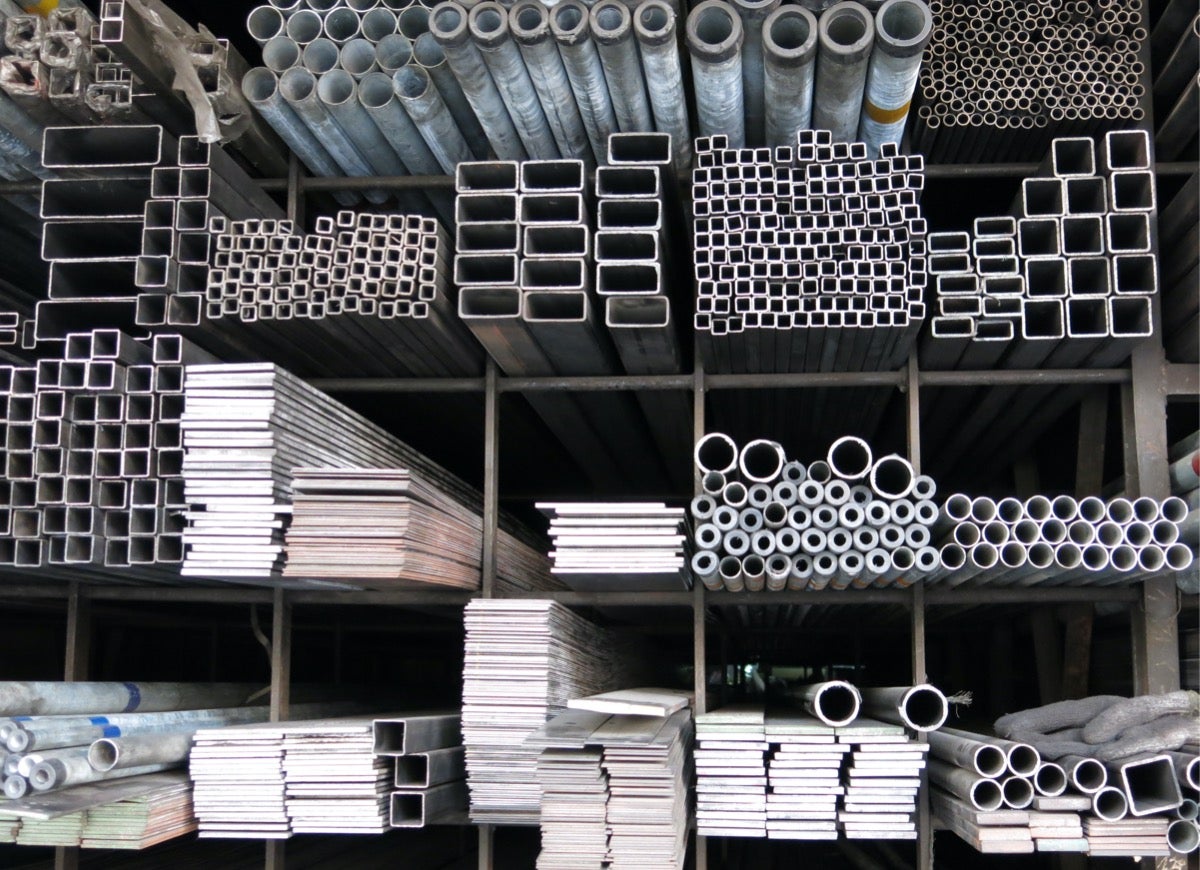
A home improvement or building project that involves scrap iron or steel will set you back more now than it did in early 2020. The producer price index for iron and steel scrap rose 25 percent between November 2019 and November 2020, according to the Bureau of Labor Statistics. In addition, steel mill products went up 2.8 percent between October and November 2020.
Millwork
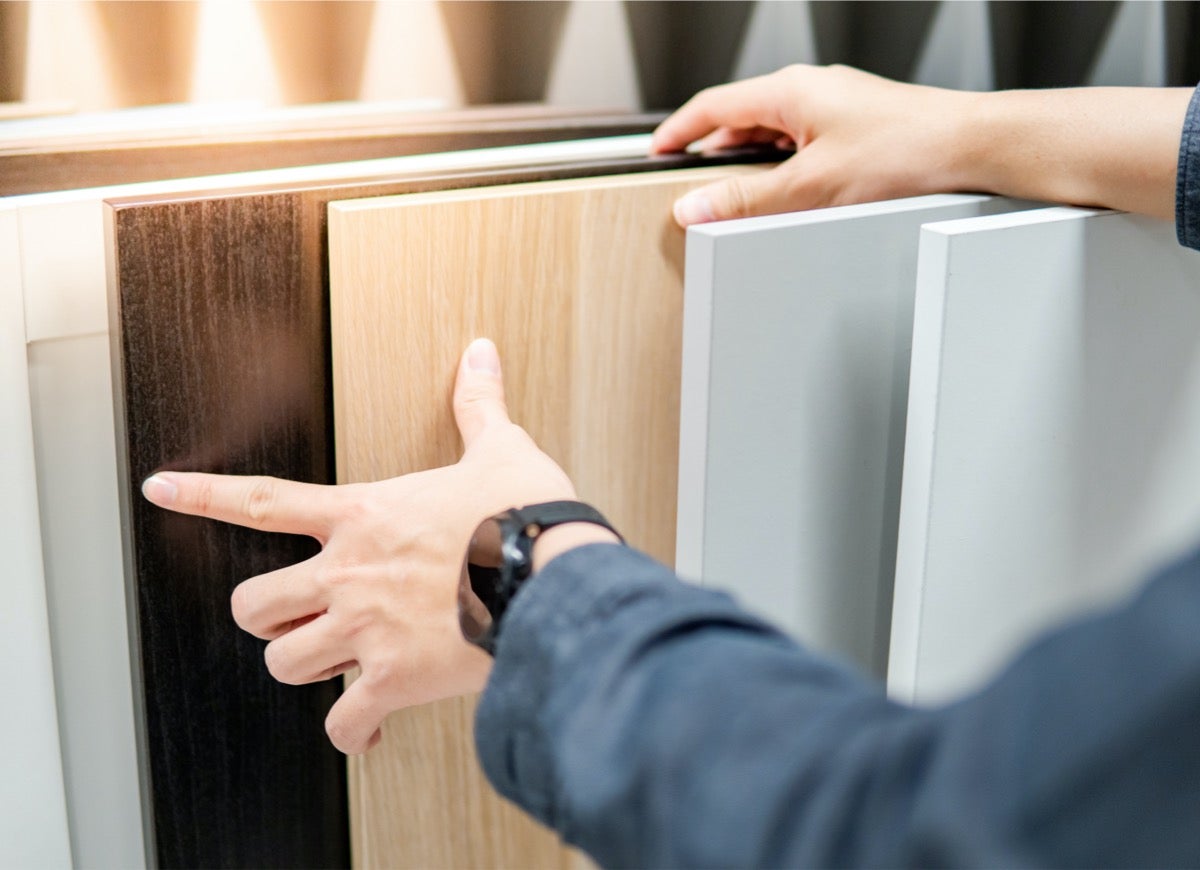
The cost of millwork rose about 7.9 percent between November 2019 and November 2020. So if your project involves new flooring or updating your home’s trim, molding, or wall paneling, you should expect to pay a bit more. Kitchen cabinets and bathroom vanities also fall into the millwork category.
Plumbing Fixtures and Fittings

If your home improvement project involves plumbing, you will pay more now for those faucets, pipes, and fittings than you would have a year ago. The Bureau of Labor Statistics puts the cost of plumbing fixtures in November 2020 up 3.4 percent over the previous November.
Hardware

Building hardware like screws, nuts, washers, and bolts saw a fairly significant price increase in 2020. The Bureau of Labor Statistics puts the price of retail hardware up a whopping 31.4 percent between November 2019 and November 2020.
Wood Windows
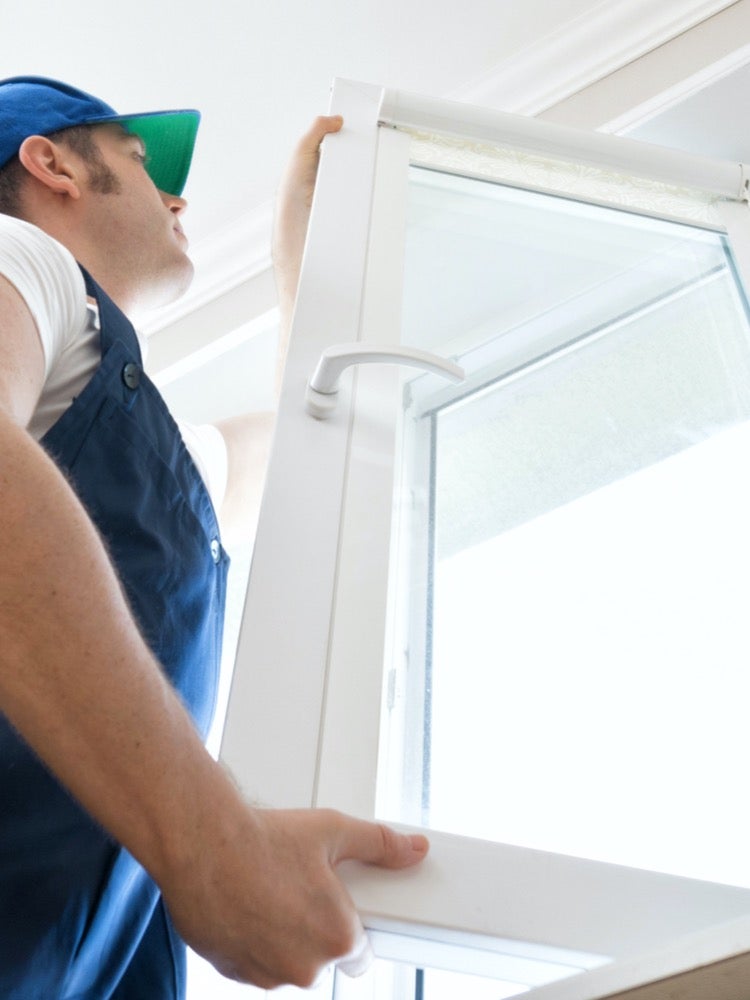
Are you planning to replace your home’s windows? If so—you guessed it!—expect to pay a little more than you would have a year ago. The price of wood windows, including double-hung units, casements, and horizontal sliders, rose an average of 3.2 percent in 2020.
Related: Buyer’s Guide: Replacement Windows
Paint and Painting Materials
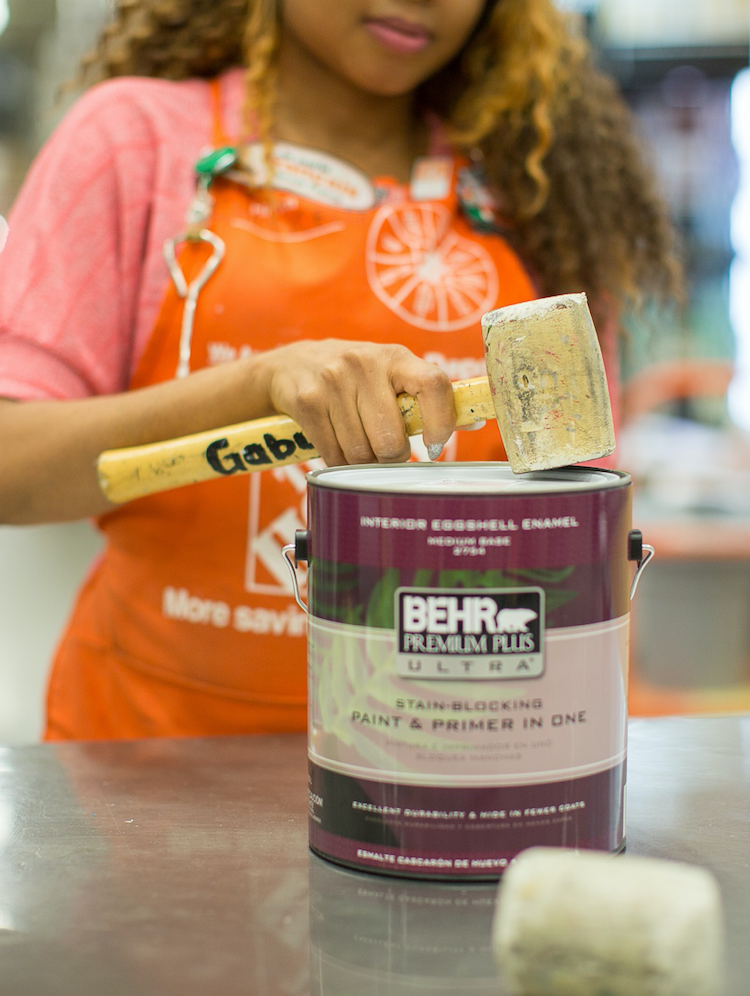
It cost you more this past year to update your home with a new coat of paint. The price of paint and painting materials rose more than 2 percent in 2020. Despite the cost increase, giving your home a fresh coat remains one of the most inexpensive improvement projects you can do yourself.
Related: 10 Home Depot Shopping Secrets Only the Savviest DIYers Know About
Cut Stone Products
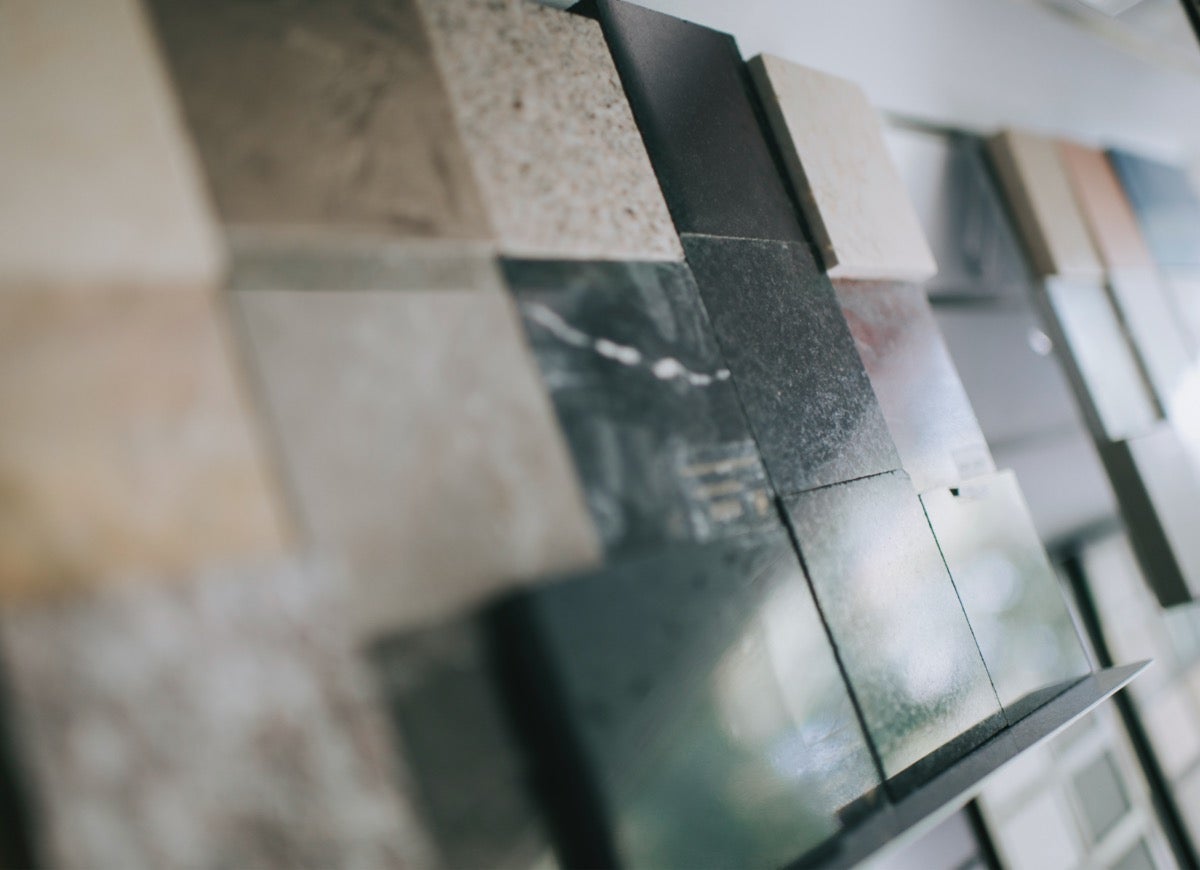
The price of some types of cut stone and stone products rose as much as 6.3 percent between November 2019 and November 2020, according to the Bureau of Labor Statistics. So if a new granite countertop or marble tiles are in your future, you may need to shell out a bit more than you planned.

A DIYer’s Guide to Replacing Flooring
Update the look and feel of any room by replacing old, worn-out flooring. These products and straightforward steps make it easy enough for any handy homeowner to do.

